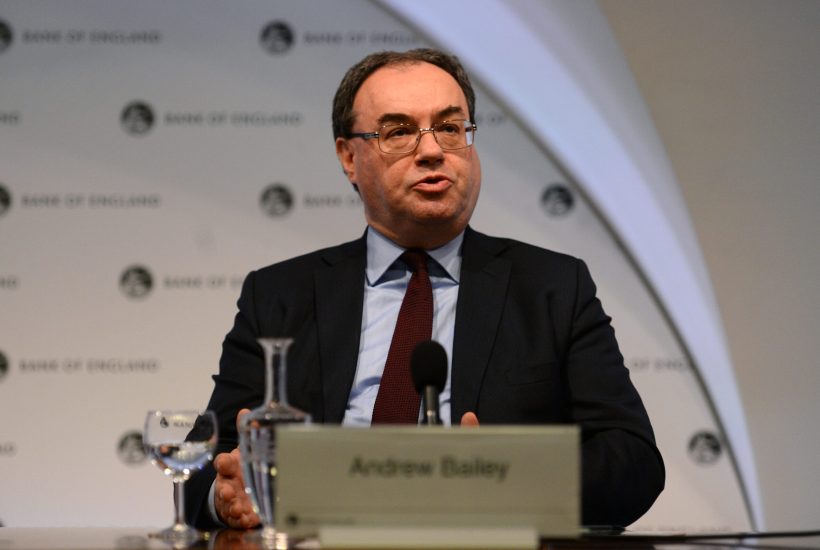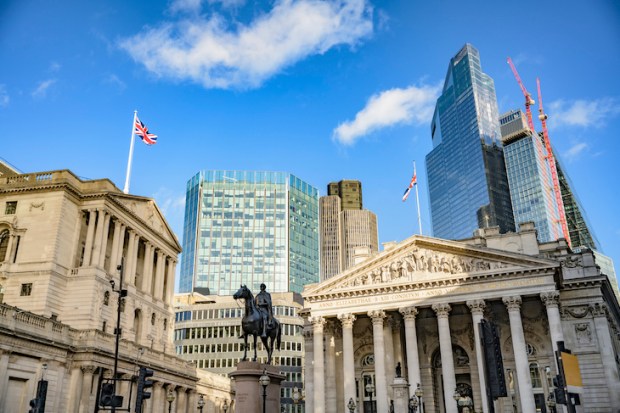He isn’t Canadian. He doesn’t dominate the Davos circuit with platitudes about climate change. And he isn’t constantly warning that the British economy will turn into a cross between Ethiopia and Argentina now that we have left the European Union. In many ways, the current Governor of the Bank of England Andrew Bailey is an upgrade on his high-profile predecessor Mark Carney. And yet, in the most important respect, he is turning out to be very similar. He is constantly threatening to raise interest rates, and then backing off at the last moment.
An increase in interest rate from the ‘emergency’ level of just 0.1 per cent was not quite a done deal for today’s meeting on the Bank’s Monetary Policy Committee. But it was widely expected. More than half of the City’s economists had one pencilled into their forecasts, banks had started to push up mortgage rates in anticipation of a rise, and the pound had started to climb as global investors decided that some money parked in sterling might actually pay you some interest.
There was no mystery about why. After all, inflation is above 3 per cent and climbing, energy prices have been soaring along with most other commodities, and wages have started to escalate amidst widespread labour shortages. In a very 1970s way, it has started to look like the beginning of an inflationary spiral. In a series of hawkish comments Bailey, and the senior Bank officials, appeared to be preparing the ground for a rate rise. In the end, they have pulled back.
The MPC today voted by seven to two to leave rates where they are, and by six to three to leave the stock of printed money unchanged. Of course, you can argue about the rights and wrongs of that decision, and no doubt the committee did. The rise in energy prices may simply be transitory as we shift out of fossil fuels, and spiralling wages may well be a much overdue adjustment to leaving the European Union and cutting off the flow of cheap workers. Then again, it may well be the start of something a lot more serious. We will see soon enough.
What is hard to justify is misleading the market. It is the same kind of stunt that Mark Carney used to pull on the markets. In 2014, as the recovery from the 2008 crash was well underway, Carney dropped a series of clear hints that rates would get back to normal levels. In the end, they never did. The MP Pat McFadden memorably compared the Governor to an ‘unreliable boyfriend’ over the constant teases that never actually turned into anything. It did not matter too much at the time. But over a period of years, Carney ended up looking very flakey. But by the time he left office, no one was paying much attention to him anymore.
With today’s decision, Bailey is turning into the new Carney – and eventually that will start to damage his credibility. <//>
Got something to add? Join the discussion and comment below.
Get 10 issues for just $10
Subscribe to The Spectator Australia today for the next 10 magazine issues, plus full online access, for just $10.





















Comments
Don't miss out
Join the conversation with other Spectator Australia readers. Subscribe to leave a comment.
SUBSCRIBEAlready a subscriber? Log in